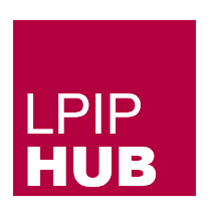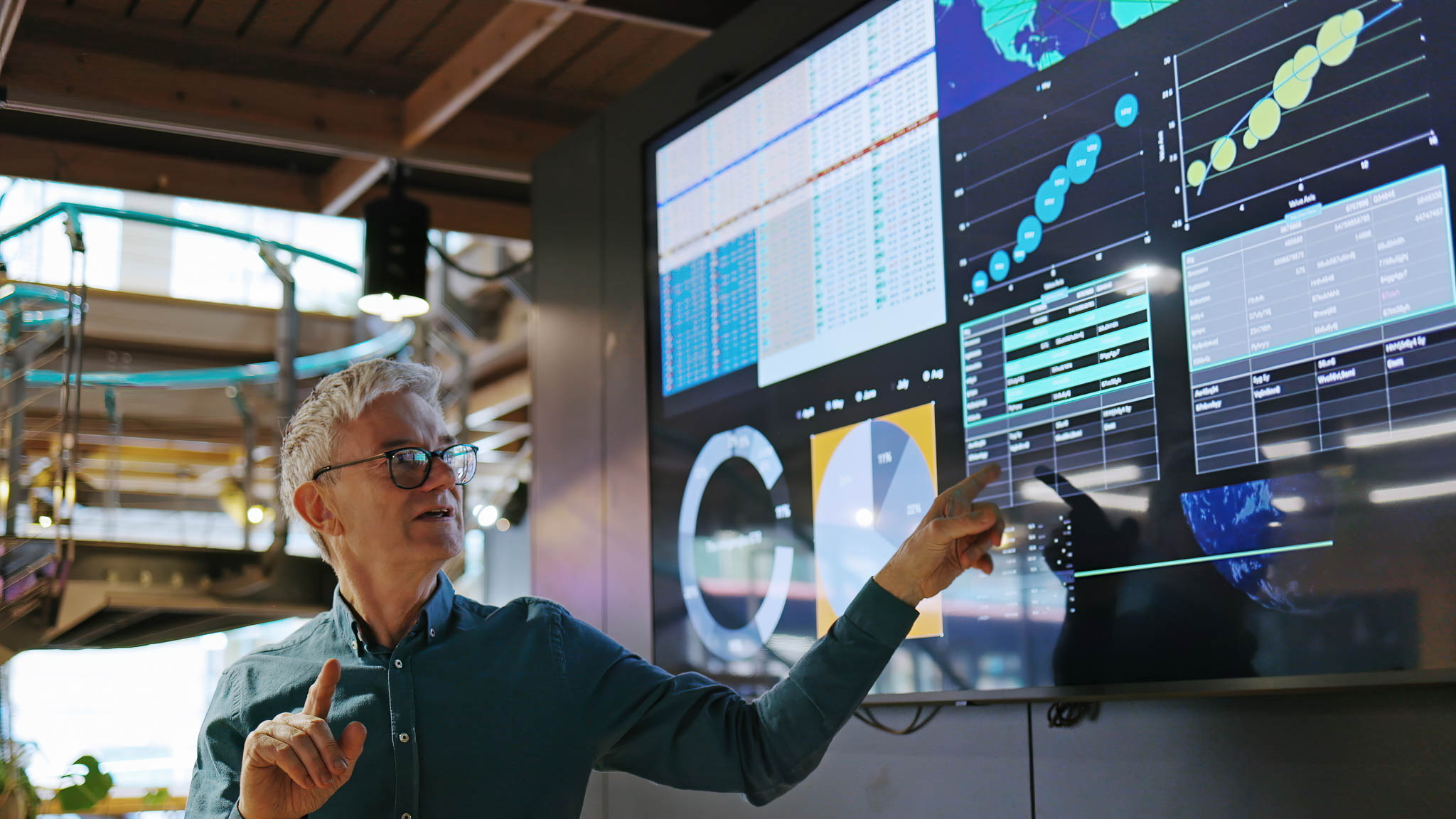The City-REDI’s IPEC Research team focuses on place-based innovation through public procurement by identifying solutions to societal and environmental challenges and facilitating evidence-based policy approaches. By working with IPEC Research and its regional and Local Authorities’ network, we aim to share evidence and insights to enhance local decision-making and disseminate good practices.
Our ongoing work includes:
Anchor Institutions and power of procurement – in collaboration with Conrad Parke (CLES Birmingham Anchor Network
This strand of work focuses on the processes of cultural change enabling public procurement and creating the innovation ecosystem at the local level to help facilitate public procurement to drive innovation, with particular focus on “Anchor Institutions”, social enterprises and SMEs.
Procurement Processes in Retrofit Housing Programmes – barriers, impacts and policy scenarios
The project currently focuses on barriers and challenges in public procurement practices within Local Authorities and Housing Associations, specifically targeting the current retrofit housing programmes in the social housing sector across the West Midlands Combined Authority. Our goal is to explore various policy scenarios for achieving net-zero retrofitting. Building on this, we will analyse the impact of the increase in demand for retrofitting on the regional economy and evaluate the skills and readiness of retrofitting labour to meet new demands.
We are currently working closely with two of the LPIP themes:
“Cultural Recovery and Place” and “Environment and Sustainability”.
The team
Prof. Fumi Kitagawa (City-REDI)












